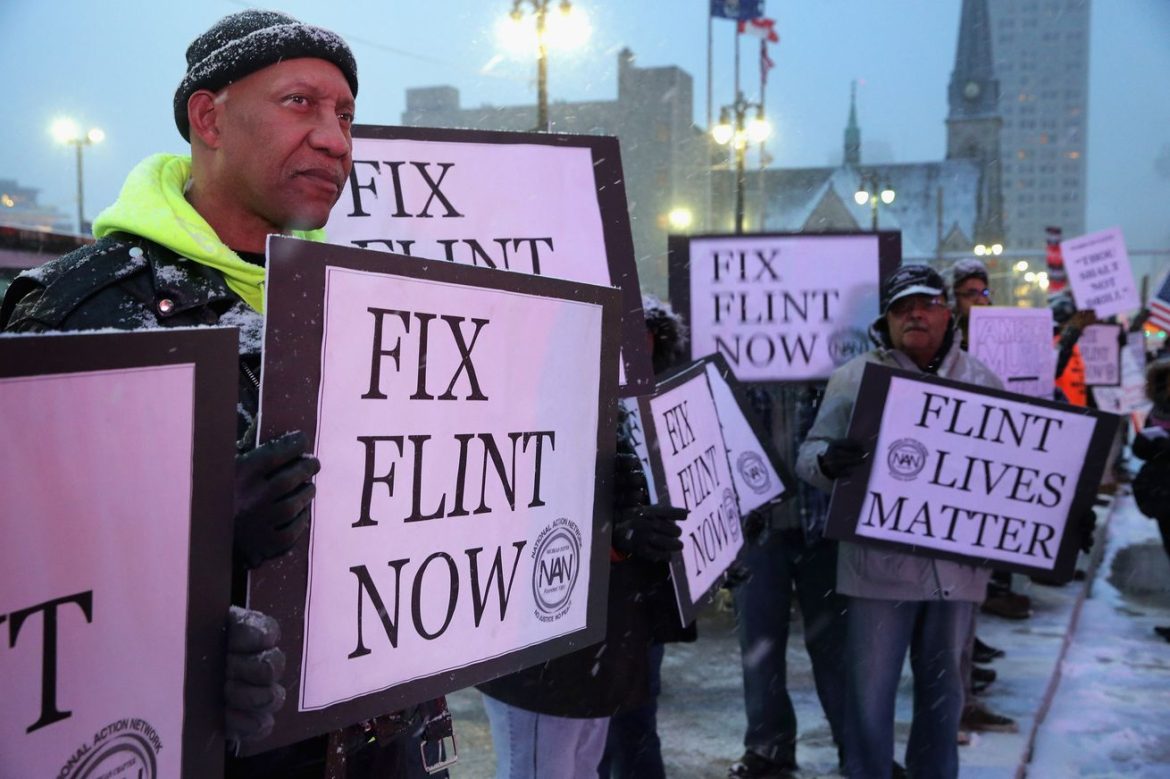
In the wake of disaster, maintaining close ties with friends and family is a crucial part of recovery. Those relationships might help keep people safe in the moment and even nurture better mental health long after the initial disaster, according to new research on the water crisis in Flint, Michigan, that started in 2014.
Sure, that might seem like common sense. But paying attention to how folks come together when things go horribly wrong is one way to get communities better help in future times of crisis. And it’s not just maintaining a social circle that matters — who’s in it and how close you are to them made a difference in Flint, according to a study recently published in the journal International Journal of Disaster Risk Reduction.
…

